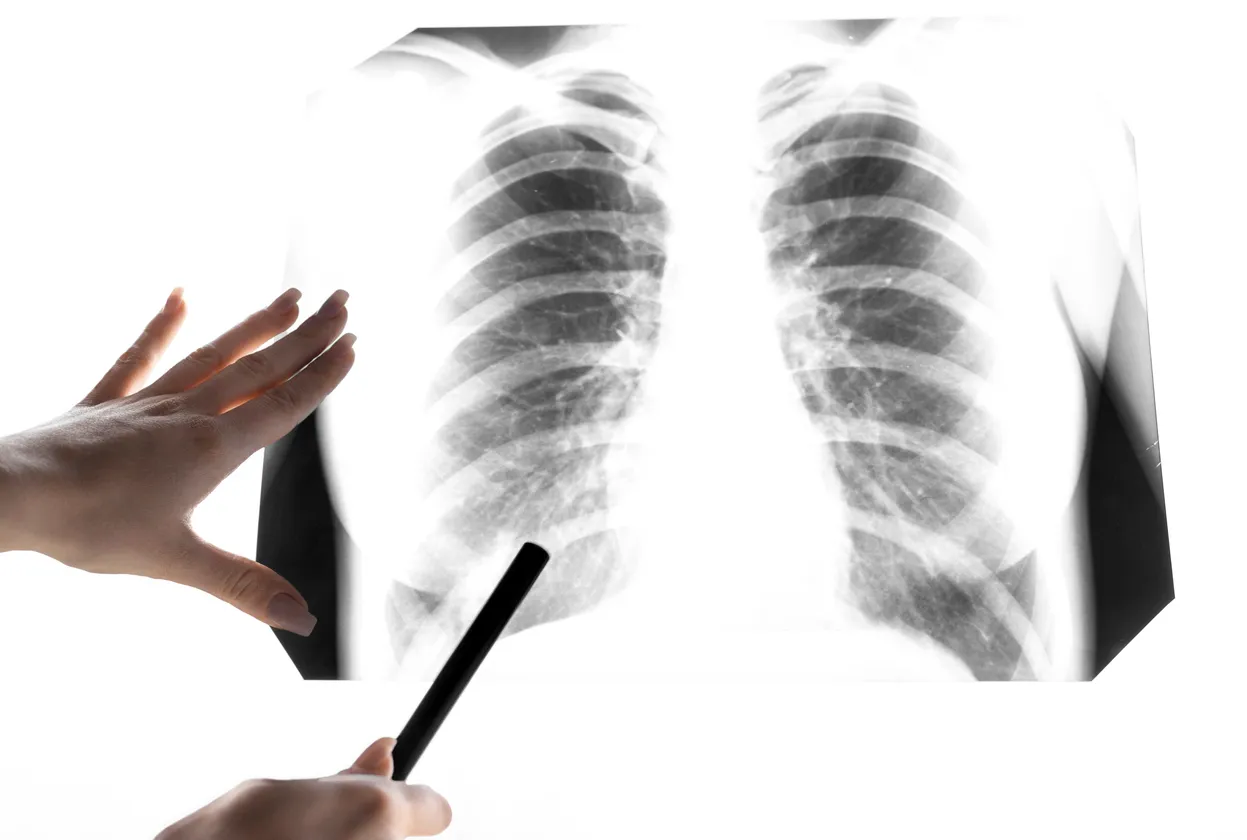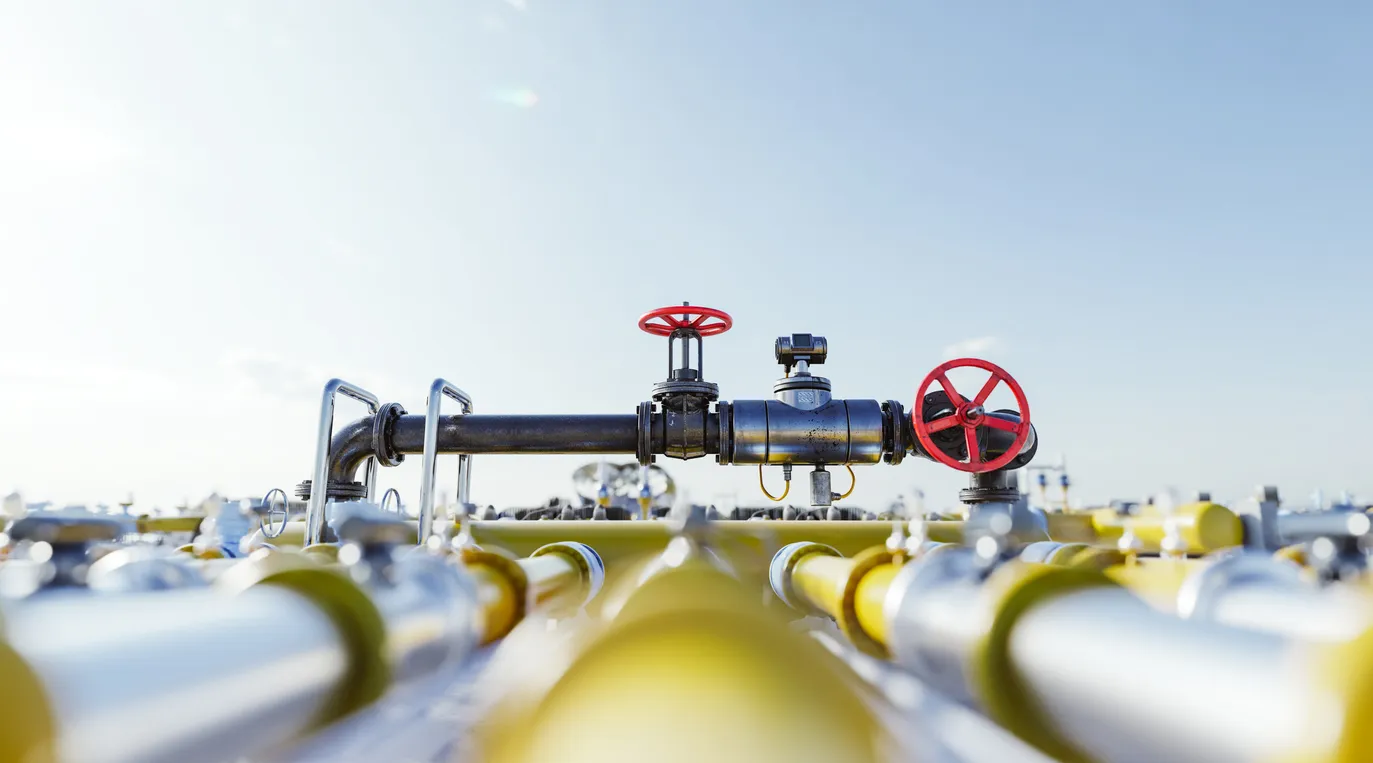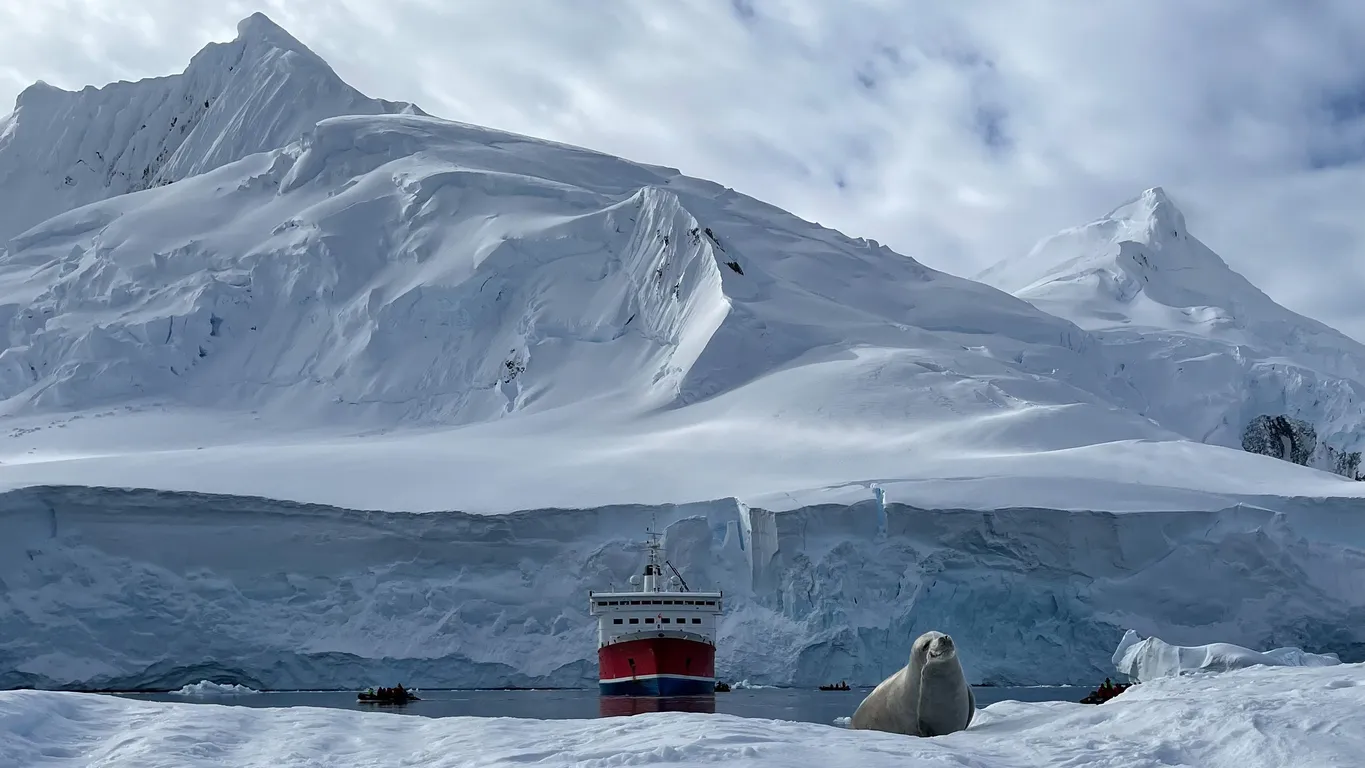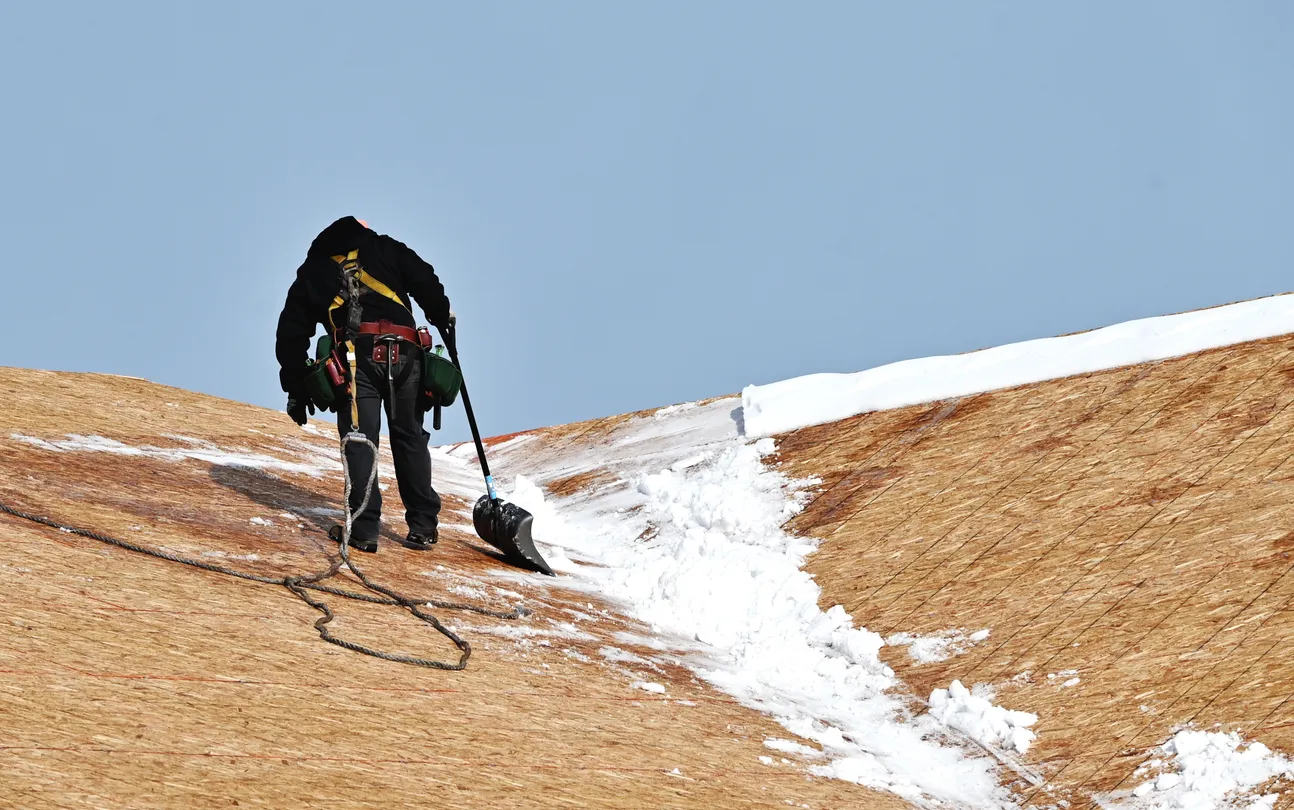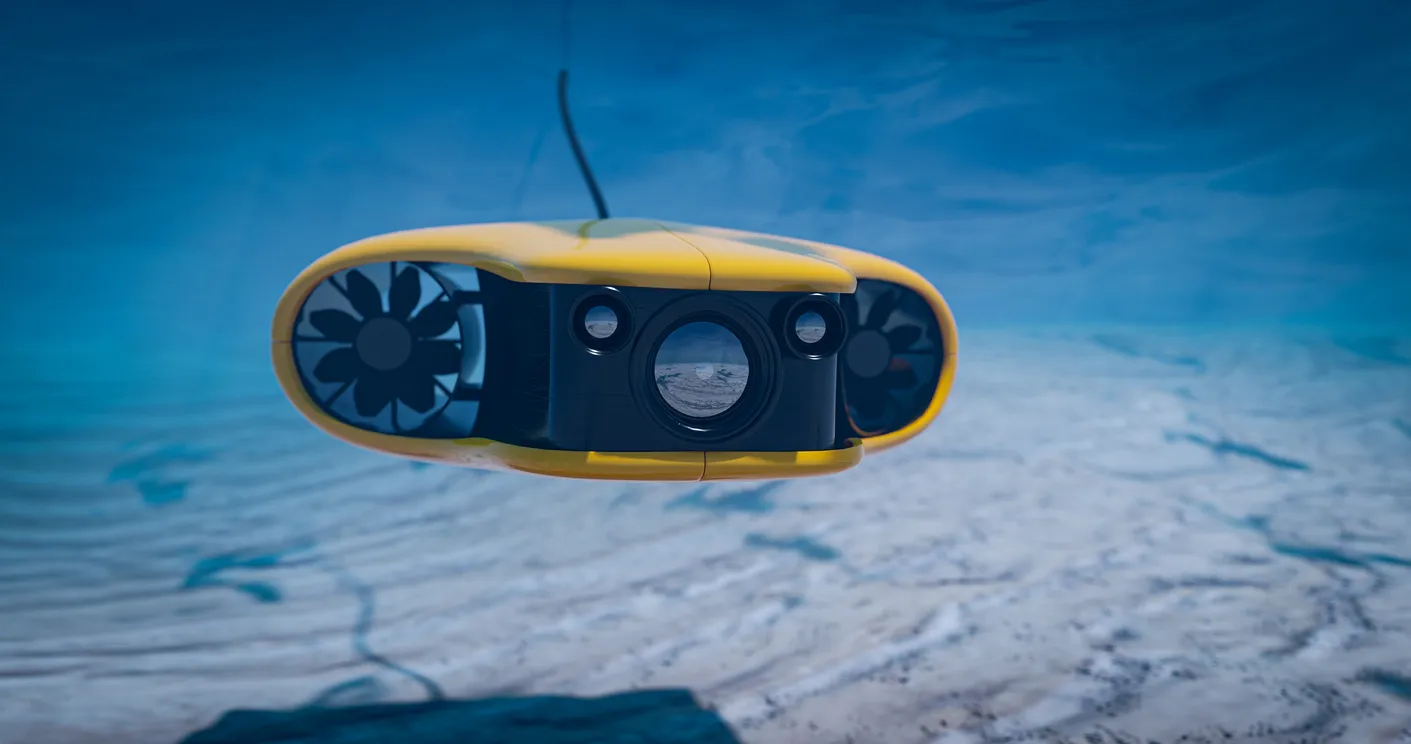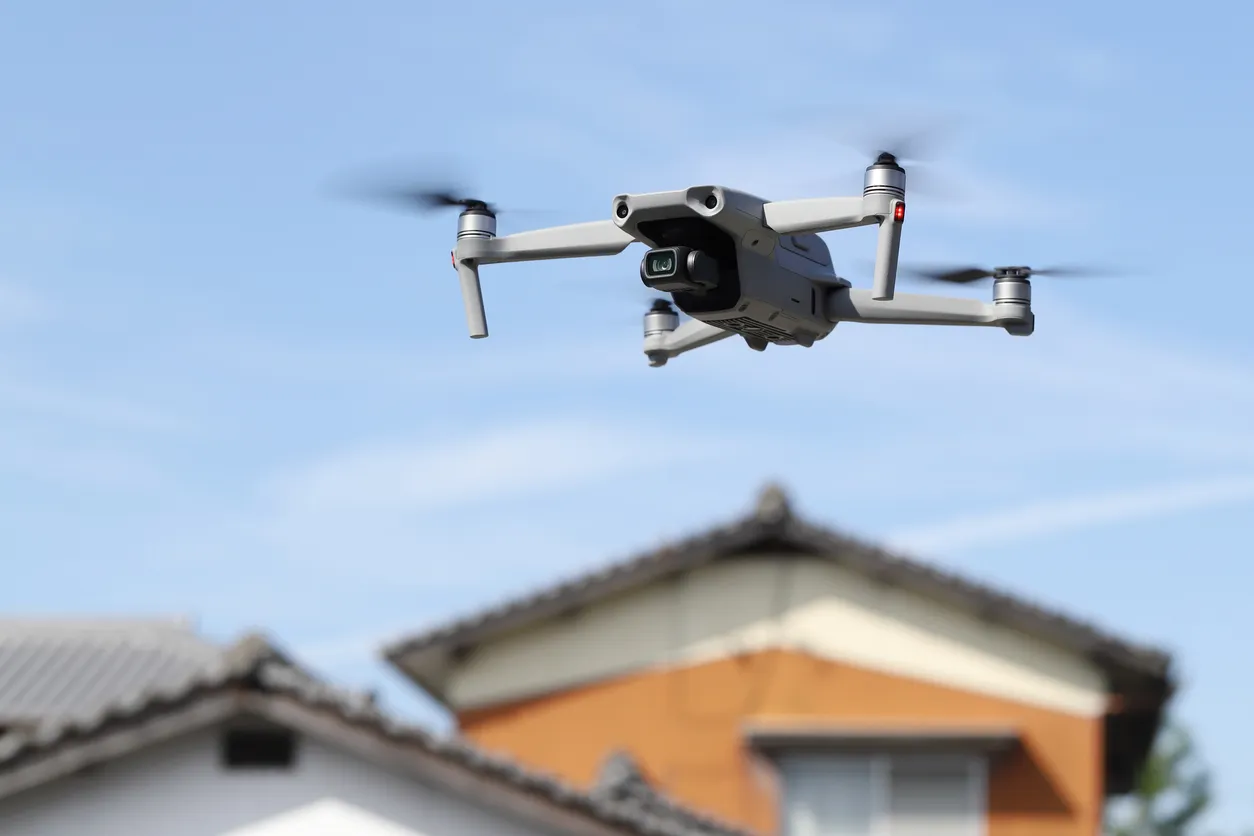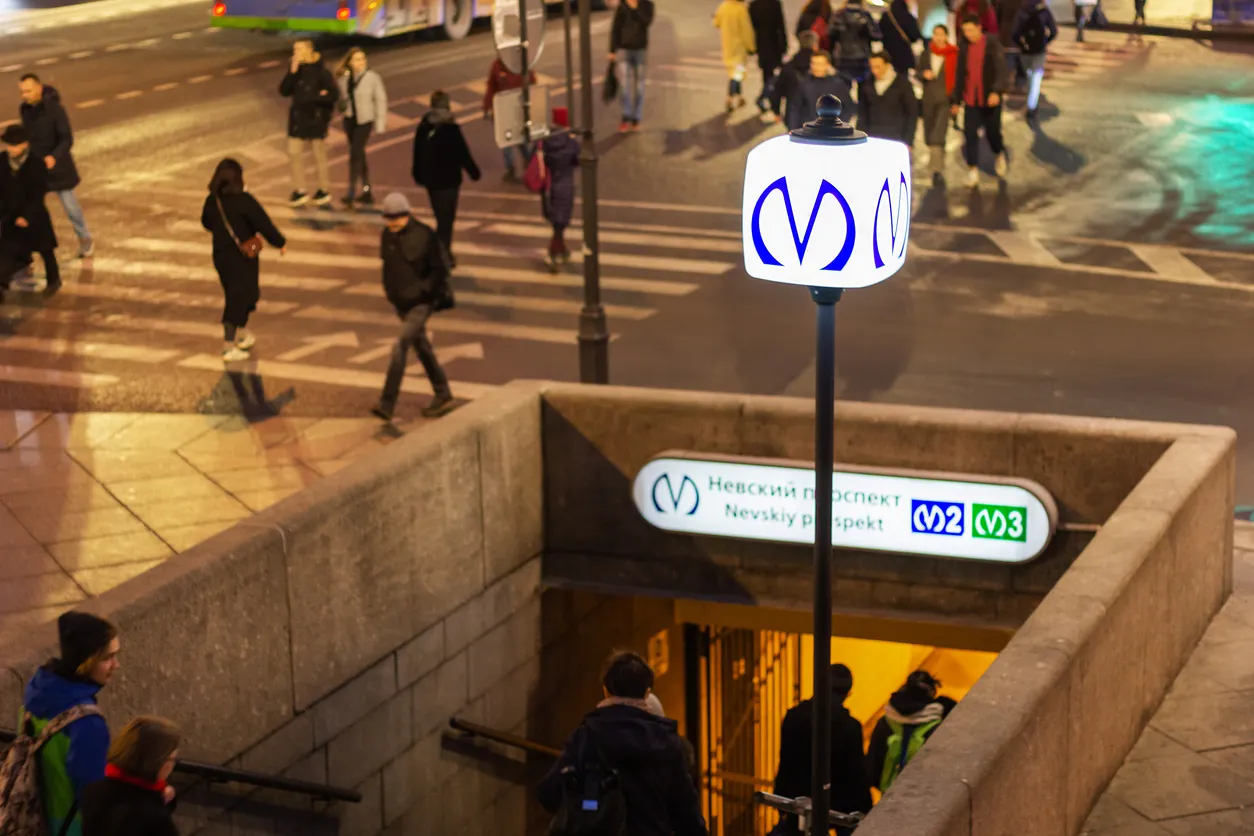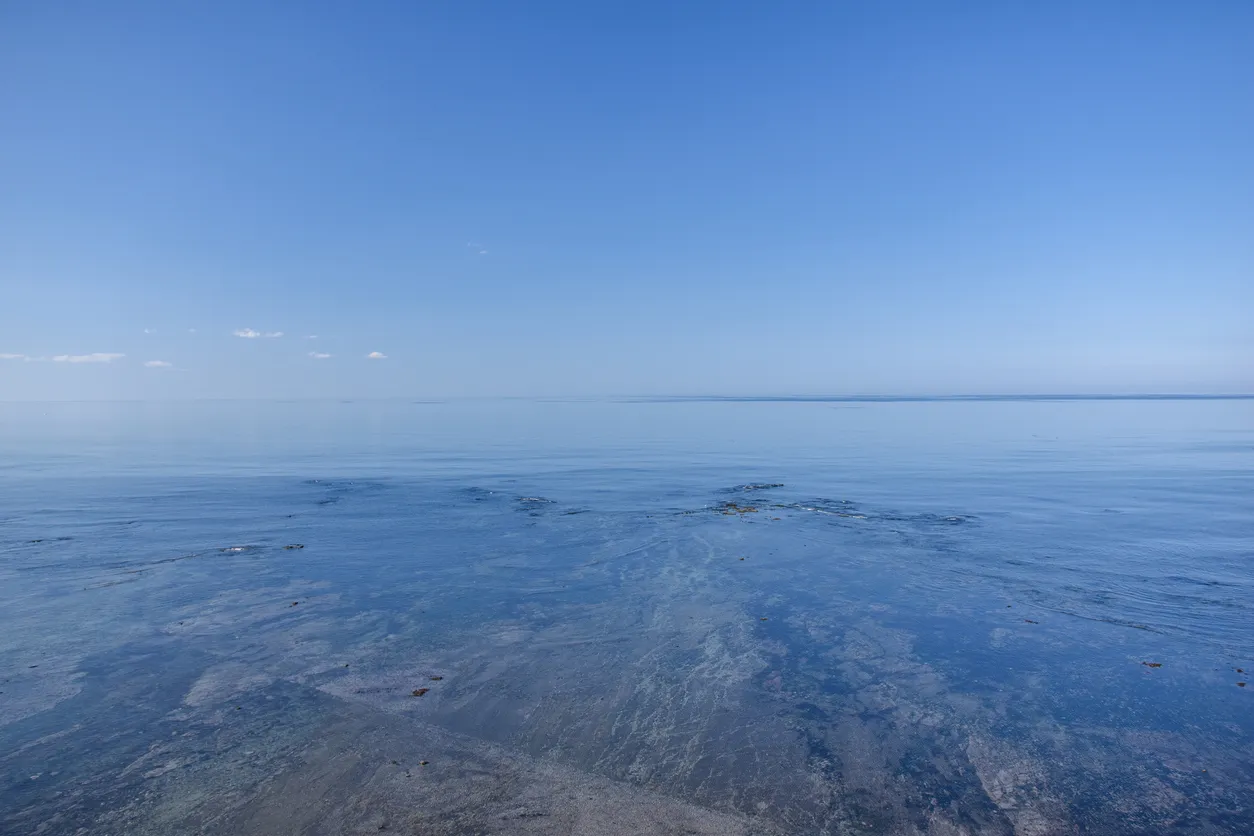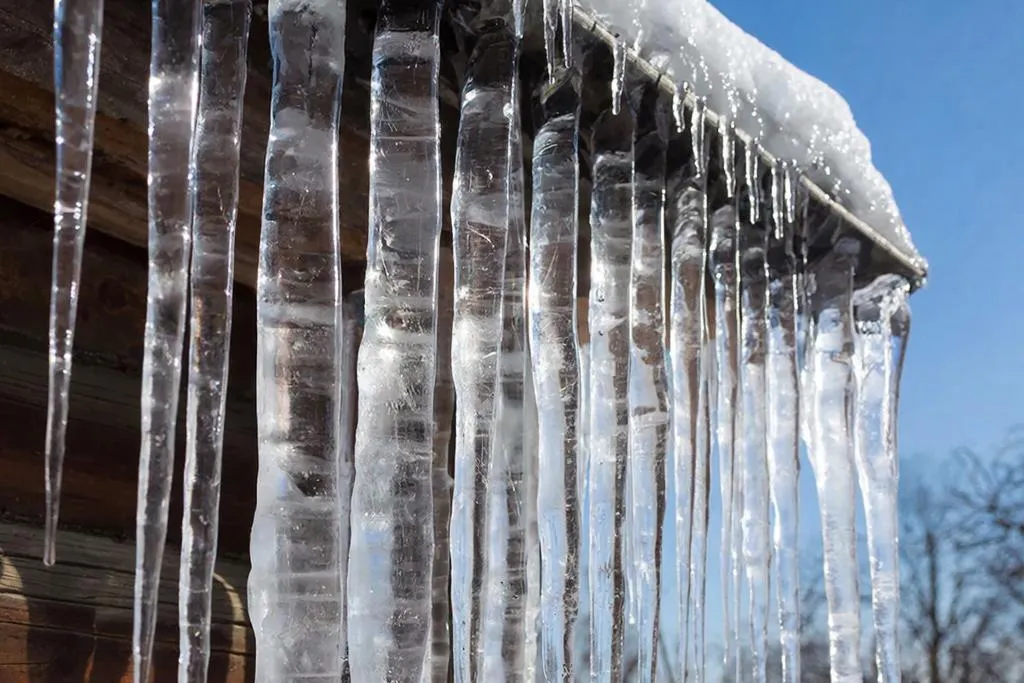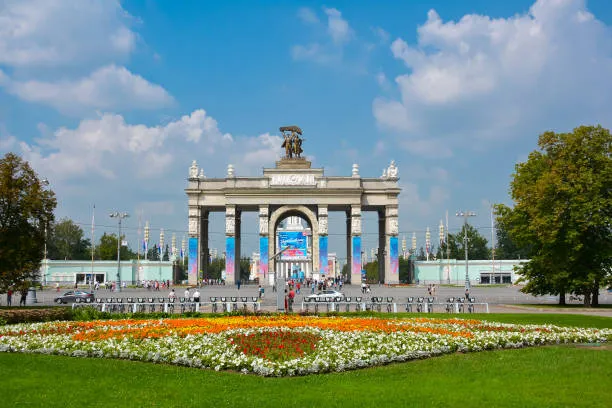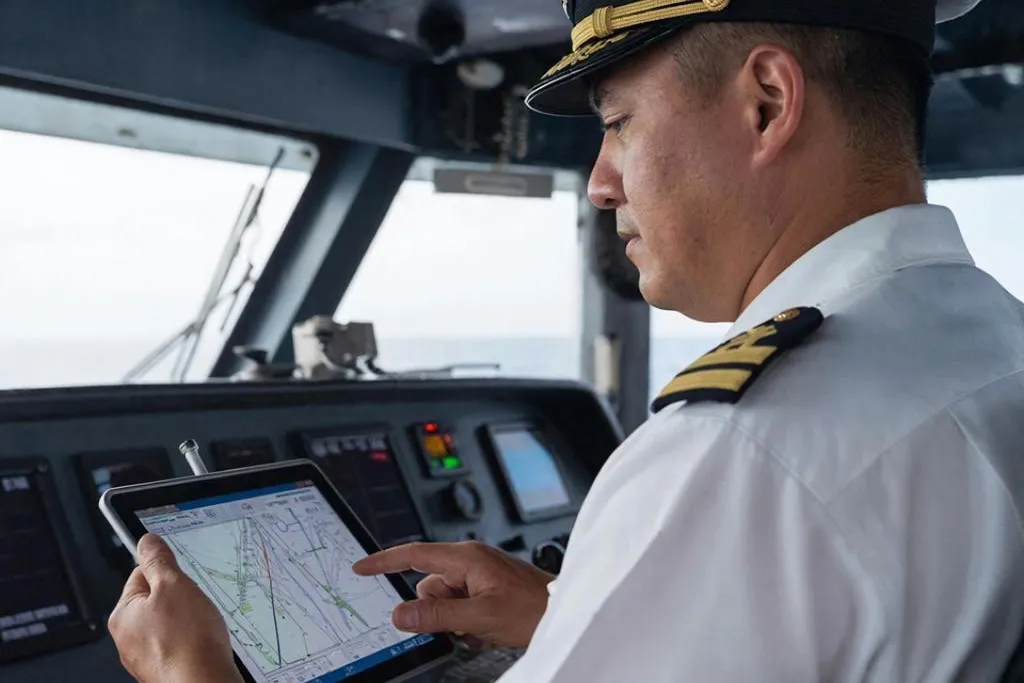Russian Researchers Train Neural Networks to Spot Icebergs Before It’s Too Late
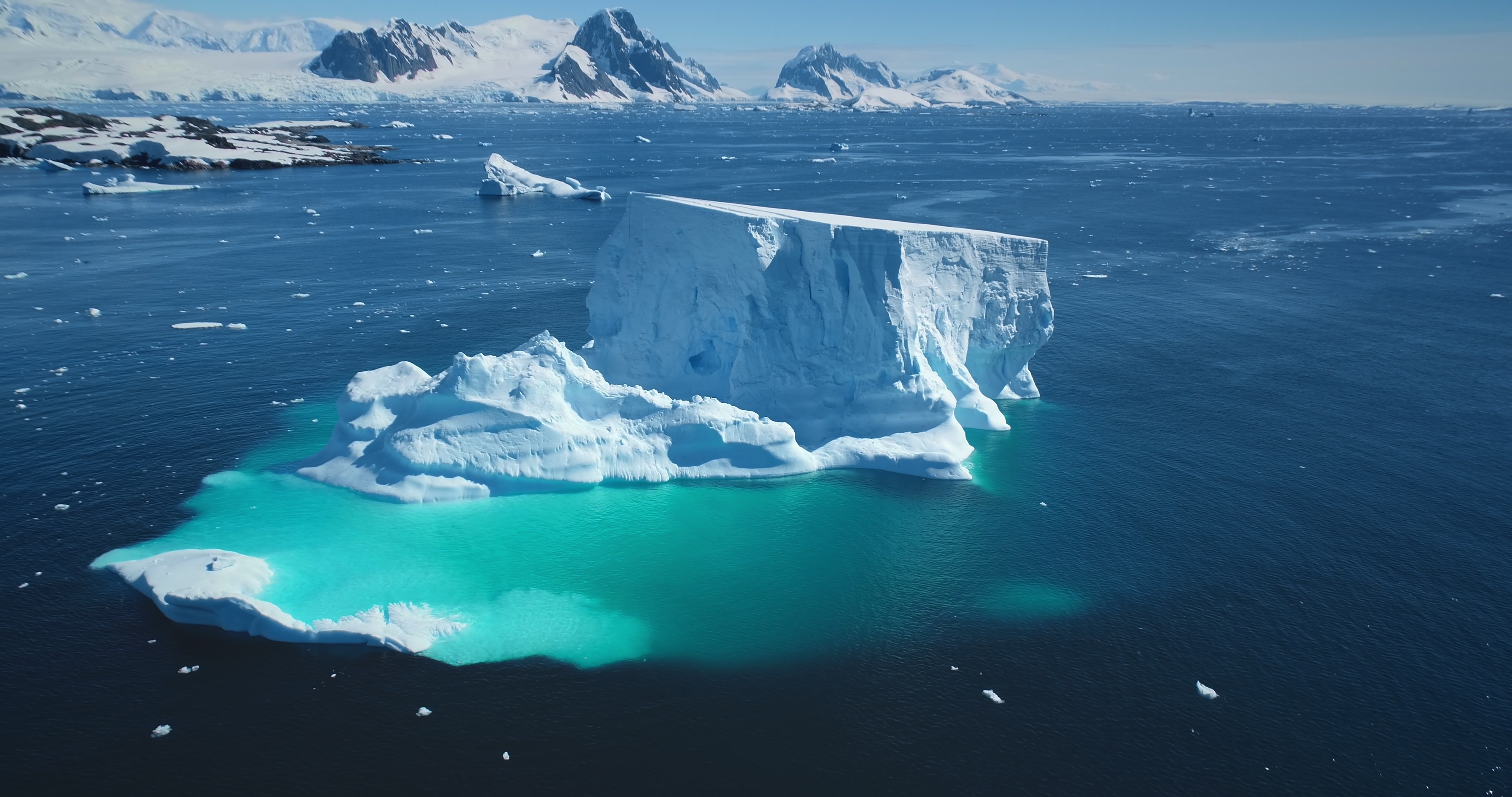
As Arctic shipping lanes heat up—both metaphorically and literally—Russia is betting on neural networks to keep vessels safe from floating behemoths.
At the Northern (Arctic) Federal University (SAFU) in Arkhangelsk, researchers have developed a machine learning model designed to detect icebergs from radar and satellite imagery, even under poor visibility.
The initiative is more than just academic: the intensification of maritime traffic in the Arctic, combined with the rise in iceberg numbers due to climate change, has made detection a critical issue. The neural network developed at SAFU tackles one of the major bottlenecks in AI-based remote sensing—a lack of training data. To overcome it, students employed data augmentation techniques like adding noise, image flipping, and rotation to artificially expand their training set.
Unlike traditional radar interpretation—where it’s hard to distinguish between a wave, a ship, or an iceberg—the SAFU system is being trained to isolate iceberg-specific signatures: distinctive shapes, signal reflectivity, and physical proportions. Researchers say their approach dramatically reduces computational costs while increasing detection accuracy, making it a viable candidate for real-time marine monitoring.
This technology is not only about navigation—it’s a blueprint forAI-enhanced safety infrastructurein extreme environments. In a region wherevisibility is limited, and timing can mean the difference between course correction and catastrophe, Russia’s Arctic AI is proving that innovation can thrive where the cold bites hardest.


